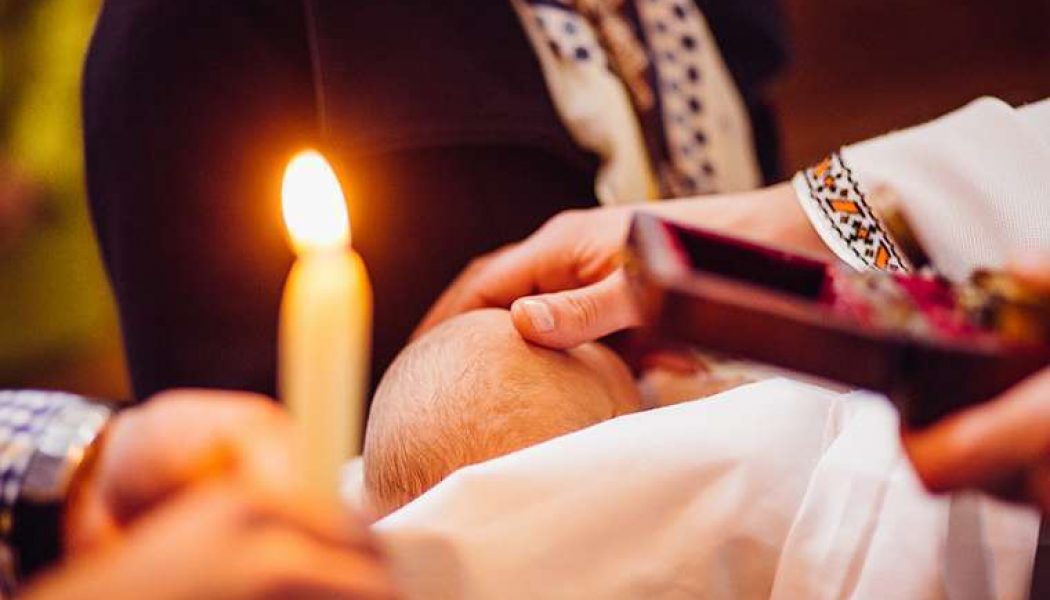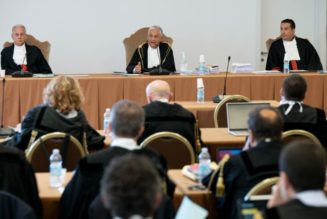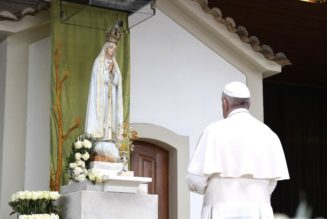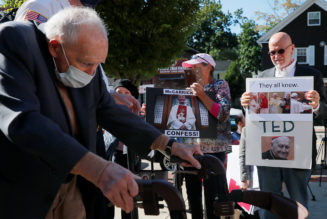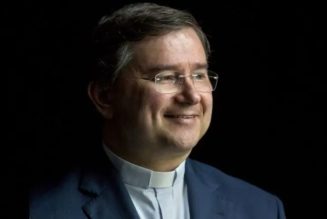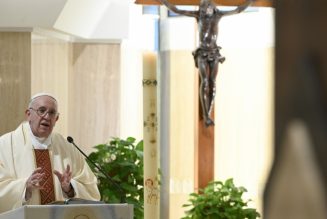
.- The French Catholic bishops’ conference permanent council has approved a recommendation to remove references to the sex of parents on baptismal registry forms.
“The increasingly complex situation of families in France makes it extremely difficult to draft Catholic acts, especially regarding baptism,” Bishop Joseph de Metz-Noblat of Langres, president of the French bishops’ conference Council for Canonical Questions, wrote in a letter dated Dec. 13, 2018.
He said, because of complex family situations, chanceries in several dioceses in France had “faced problems of vocabulary.”
According to canon law, he said, “ministers cannot refuse sacraments to persons who opportunely ask for them, while children cannot be held responsible for the situation of their parents.”
As a result, de Metz-Noblat said he had worked with two other commissions to produce a new baptismal registry formula that will require “names and first names of parents or other holders of parental authority,” which he wrote would make “the simple acknowledgment of one’s family situation, without bearing moral judgment on it.”
The change had now been approved by the bishops’ permanent council, de Metz-Noblat added.
Fr. Claude Barthe, editor of the newsletter Catholic Res Novae, wrote in late December that it is likely that a number of dioceses will ignore the new recommendation. Each bishop in France remains free to exercise control over the baptismal registry form in his diocese.
Fr. Pius Pietrzyk, O.P., chair of the pastoral studies department at St. Patrick’s Seminary in Menlo Park, California, told CNA that recommendations from a bishops’ conference are not binding law, and that while a bishop must consider recommendations from the conference as the view of his brother bishops, the recommendations are not binding.
“We sometimes think of a bishop’s conference as a kind of Senate that has legislative power— it does not,” Pietrzyk told CNA.
“It’s simply a pastoral engine for the bishops of a certain area to coordinate their pastoral ministry.”
The Holy See in 2017 addressed how the baptisms of children of same-sex couples should be recorded in a letter from Cardinal Francesco Coccopalmerio, then the prefect of the Pontifical Council for Legislative Texts.
“In the current Code, there is not a specific law with respect to the entry of same sex couples or ‘transgendered persons’ as parents on the baptismal record. The term ‘parents’ used by the Church’s Canon 877 clearly refers to the father and mother, the man and the woman created by God who are united in the sacrament of marriage.”
“The entry of same sex couples or ‘transgendered persons’ as parents would be contrary to the aforementioned canon and the teaching of Our Lord and of the Church on marriage as God desires it as the union between a man and a woman. If one of the partners is the natural father or mother of the child, it must be mentioned on the record, the other partner cannot be entered,” Coccopalmerio added.
“Given the foregoing instructions, we do not consider it possible to enter on the baptismal record two mothers or two fathers or a ‘transgendered father’ whose real nature is a woman or a ‘transgendered mother’ whose true nature is a man,” the letter concluded.
Marriage and child adoption for same-sex couples were legalized in France in May 2013.
Barthe wrote that Bishop de Metz-Noblat had been involved in the process of revising the Church’s baptismal documents since that year, and in Feb. 2019 had written a letter reassuring his fellow bishops that the changes ought to be made to avoid accusations of “discrimination.”
